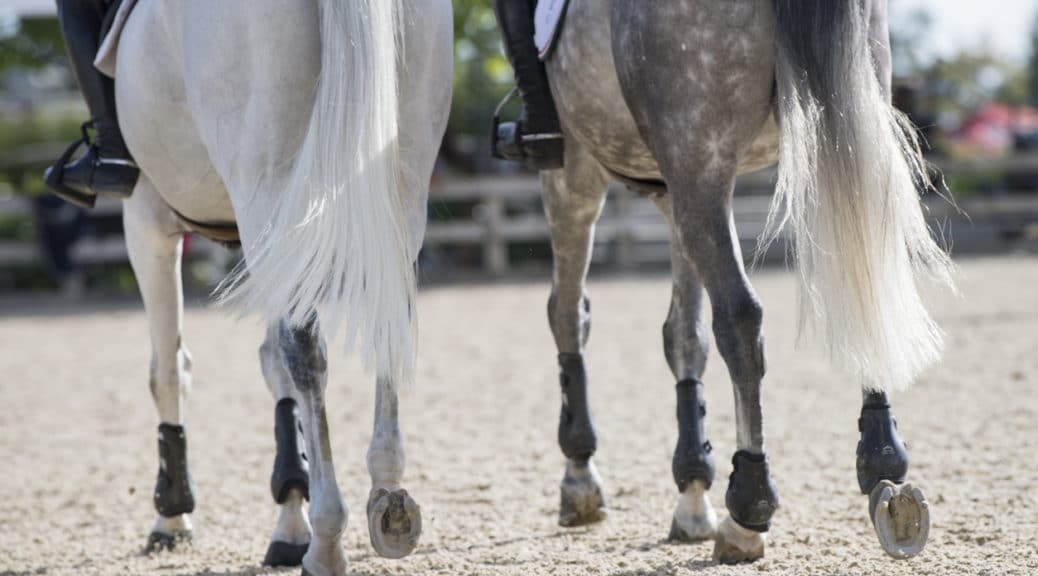- Home
- Product
- Patient
- Order Online
- Prescription Quote
- Collect at your Pharmacy
- Find a Pharmacy
- Find a Integrative Doctor
- Track my Medicine
- What is a Compounding Pharmacy?
- Child Friendly Medication
- Vet & Animal Compounding
- Easy to Swallow Pills
- Motion & Seasickness
- Medication without the Additives
- Unavailable Medications
- Schedule 8 Shipping Waiver
- Pharmacists
- Prescribers
- Shop
- FAQs
- About
- Careers
- Contact Us
- Home
- Product
- Patient
- Order Online
- Prescription Quote
- Collect at your Pharmacy
- Find a Pharmacy
- Find a Integrative Doctor
- Track my Medicine
- What is a Compounding Pharmacy?
- Child Friendly Medication
- Vet & Animal Compounding
- Easy to Swallow Pills
- Motion & Seasickness
- Medication without the Additives
- Unavailable Medications
- Schedule 8 Shipping Waiver
- Pharmacists
- Prescribers
- Shop
- FAQs
- About
- Careers
- Contact Us
Lame horses return to show-jumping thanks to PEA supplement

A little-known supplement has been shown to successfully treat non-responsive lameness in horses, according to a report from a joint study project between a U.S. and Italian University. While the report only examined a small cohort of cases, the 100% success rate suggests a wider study could produce more statistically-impressive results.
The report looked at four show-jumping horses that had been prematurely retired, suffering from lameness and inflammatory joint disease. A clinical evaluation using radiographic examinations, flexion tests, diagnostic anesthesia and lameness evaluation using the American Association of Equine Practitioners (AAEP) scale revealed the horses suffered from a range of specific conditions. The conditions diagnosed comprised:
- A case of navicular syndrome
- A case of chronic navicular syndrome
- Arthrosis of the distal interphalangeal joint of the right anterior limb
- Two cases of distal intertarsal joint arthritis.
As part of an experimental treatment plan, all four horses were fed a food supplement – Palmitoylethanolamide – which was included in their normal feed.
Palmitoylethanolamide (PEA) is an endogenous fatty acid amide, found naturally in foods like eggs and peanuts as well as in human and animal bodies. It is technically not a medicine and it classified by the Therapeutic Goods Administration (TGA) as a food supplement.
In numerous studies, PEA has demonstrated its ability to bind to a receptor in the cell-nucleus and assist in alleviating chronic pain and inflammation in humans. PEA is produced naturally in the body which, some suggest, may be one of the reasons why the fatty acid amine causes no known side effects and no adverse drug-drug reactions – at least in humans.
After four months of eating the PEA supplements, all four horses showed marked improvement in their strength, flexibility and movement. The improvement was so significant that all four horses returned to show jumping with no reoccurrence of their previous disease.
Despite the small number of cases examined in this study, the findings suggest that PEA may be beneficial in the maintenance of joint disease in athletic horses, and potentially other animals as well.
National Custom Compounding stocks PEA, and can supply it to vets or other animal-care providers as a powder, tablet or liquid.
For more information on PEA, contact one of the friendly team members at National Custom Compounding.
Source and Citation
MDPI and ACS Style
Gugliandolo, E.; Barbagallo, A.; Peritore, A.F.; Cuzzocrea, S.; Crupi, R. Oral Supplementation with Ultramicronized Palmitoylethanolamide for Joint Disease and Lameness Management in Four Jumping Horses: A Case Report. Animals 2020, 10, 1469. https://doi.org/10.3390/ani10091469
AMA Style
Gugliandolo E, Barbagallo A, Peritore AF, Cuzzocrea S, Crupi R. Oral Supplementation with Ultramicronized Palmitoylethanolamide for Joint Disease and Lameness Management in Four Jumping Horses: A Case Report. Animals. 2020; 10(9):1469. https://doi.org/10.3390/ani10091469
Chicago/Turabian Style
Gugliandolo, Enrico, Alfio Barbagallo, Alessio F. Peritore, Salvatore Cuzzocrea, and Rosalia Crupi. 2020. “Oral Supplementation with Ultramicronized Palmitoylethanolamide for Joint Disease and Lameness Management in Four Jumping Horses: A Case Report” Animals 10, no. 9: 1469. https://doi.org/10.3390/ani10091469
